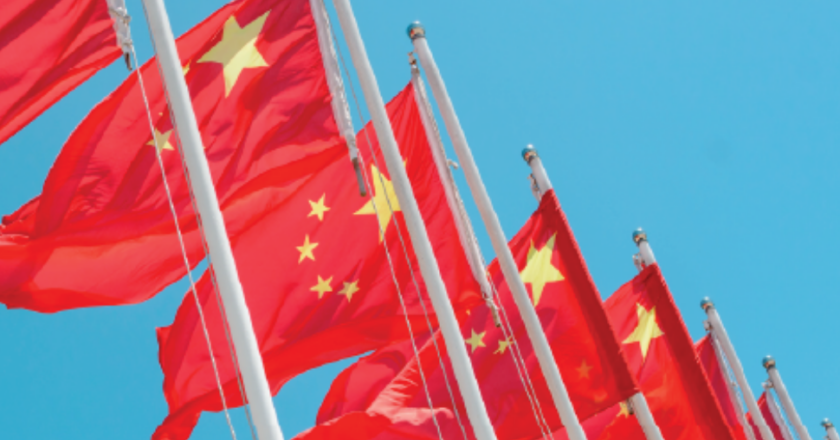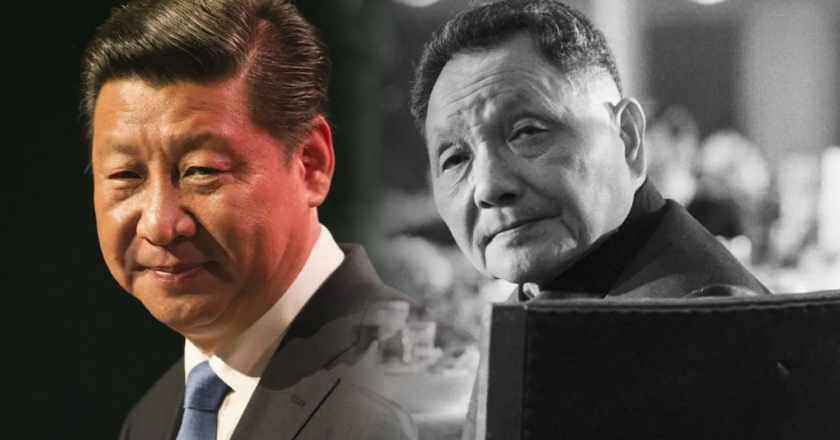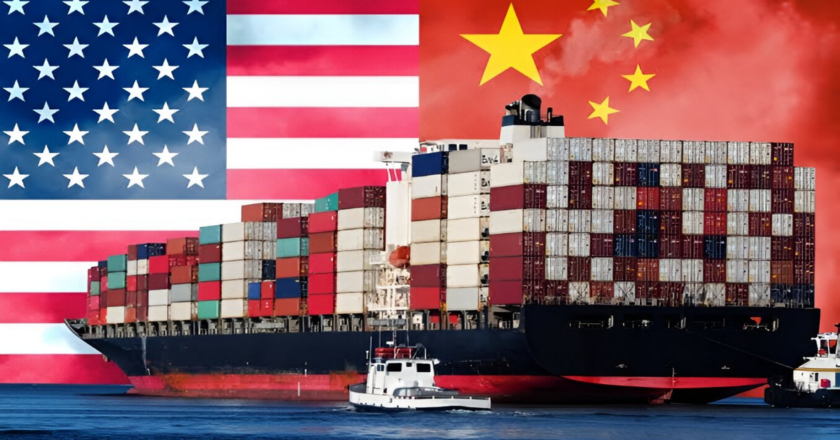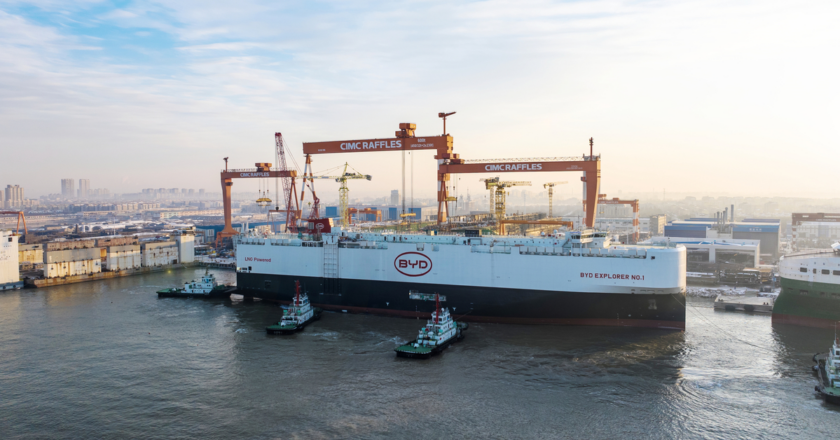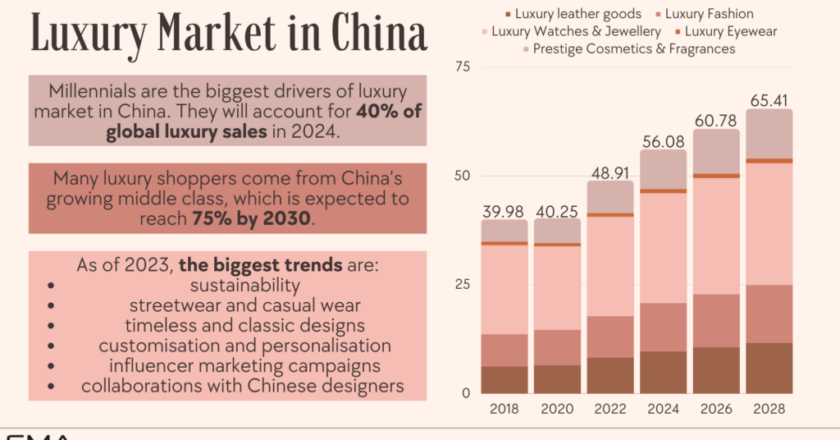China’s Closing Window: Strategic Compression and the Risk of Crisis
When Beijing dispatched a relatively unknown rear admiral from its National Defense University to the 2025 Shangri-La Dialogue, bypassing its own defense minister and forfeiting its plenary address, it did more than snub Asia’s premier security forum. It signaled a regime shifting from dialogue to confrontation. China has traditionally used the Singapore gathering to engage regional counterparts and frame its strategic intentions. By refusing the platform at a moment of rising tensions, the Chinese Communist Party (CCP) revealed its preference for manufacturing crisis rather than managing competition.
This posture reflects more than diplomatic pique. It is the manifestation of what can be called strategic compression,[1] a condition in which a state’s decision space narro...
